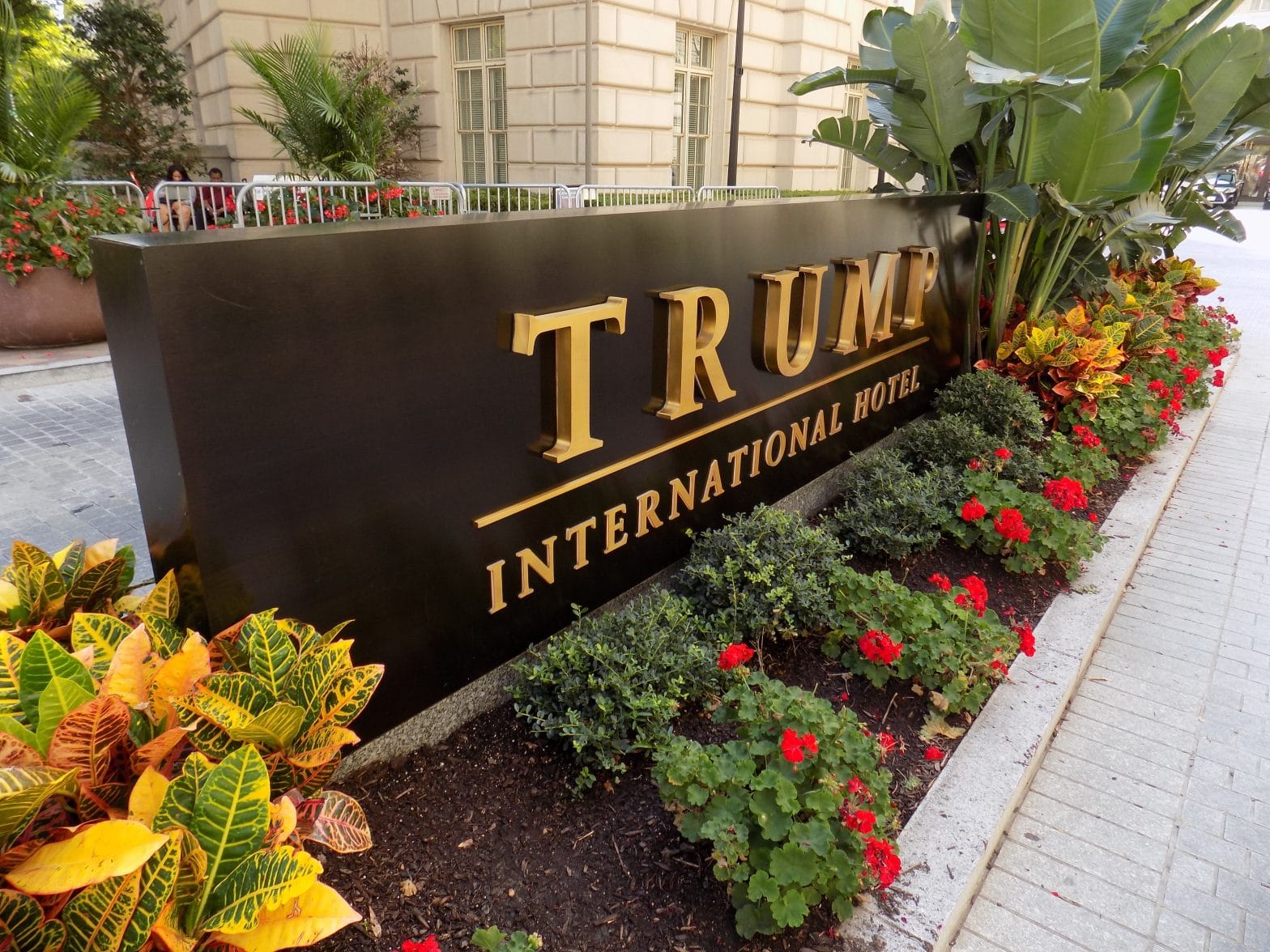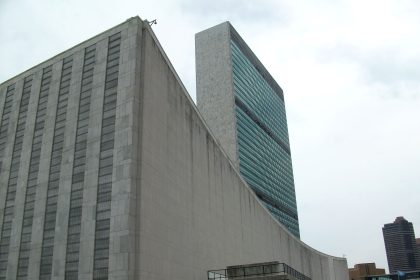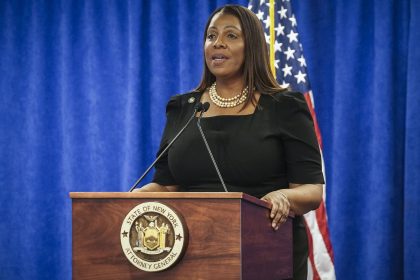4th Circuit Rules Against Trump in Emoluments Clause Case

WASHINGTON – A federal appeals court ruled against President Donald Trump on Thursday in a lawsuit alleging he’s violated the Constitution’s emoluments clause by profiting from foreign and state government patrons at his hotel in downtown Washington.
A divided 4th U.S. Circuit Court of Appeals refused to dismiss the lawsuit, which was filed by the attorneys general from the District of Columbia and Maryland.
Writing for the majority in the 9-6 ruling, U.S. Circuit Judge Diana Motz said, “We recognize that the president is no ordinary petitioner, and we accord him great deference as the Executive branch.”
Nevertheless she continued, a majority of the appellate judges could not bring themselves to “grant the extraordinary relief the president seeks.”
Thursday’s ruling conflicts with a ruling handed down in March by the U.S. Court of Appeals for the D.C. Circuit in a separate case, which barred individual members of Congress from suing the president over his private business.
After that ruling, Rep. Jerry Nadler, D-N.Y., and Sen. Richard Blumenthal, D-Conn., the plaintiffs in the case, decided not to request a rehearing by the full appeals court.
However, the split between the circuits very well could lead the Supreme Court to step in to decide the matter once and for all.
In the meantime, the case will return to a judge in Maryland, who has consistently ruled against Trump on preliminary legal questions, for further proceedings.
Trump opened the Trump International Hotel, on Pennsylvania Avenue just blocks from the White House, shortly before he was elected in November 2016. Unlike past presidents, he has retained ownership of numerous business interests, including the hotel, while serving as president.
D.C. Attorney General Karl Racine and Maryland Attorney General Brian Frosh filed their lawsuit shortly after Trump took office. The 4th Circuit initially threw the lawsuit out, saying the attorneys general did not have legal standing to sue.
In December, all 15 judges in the circuit, which presides in Richmond, Virginia, reheard the case to decide whether the earlier three-judge panel hearing the case had erred in their determination.
Trump’s attorneys have maintained the president is not violating the emoluments clauses because the language bars only payments in exchange for official action or as part of an employment relationship.
Since the initial lawsuit, a federal judge in Maryland has signed off on more than a dozen subpoenas for Trump’s financial records to determine which government officials have stayed at Trump’s Washington hotel and how much they paid to stay there.
Those subpoenas have been on hold, pending the outcome of the president’s appeal.























